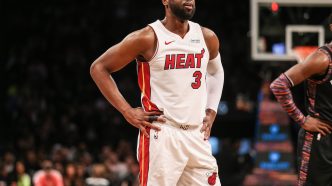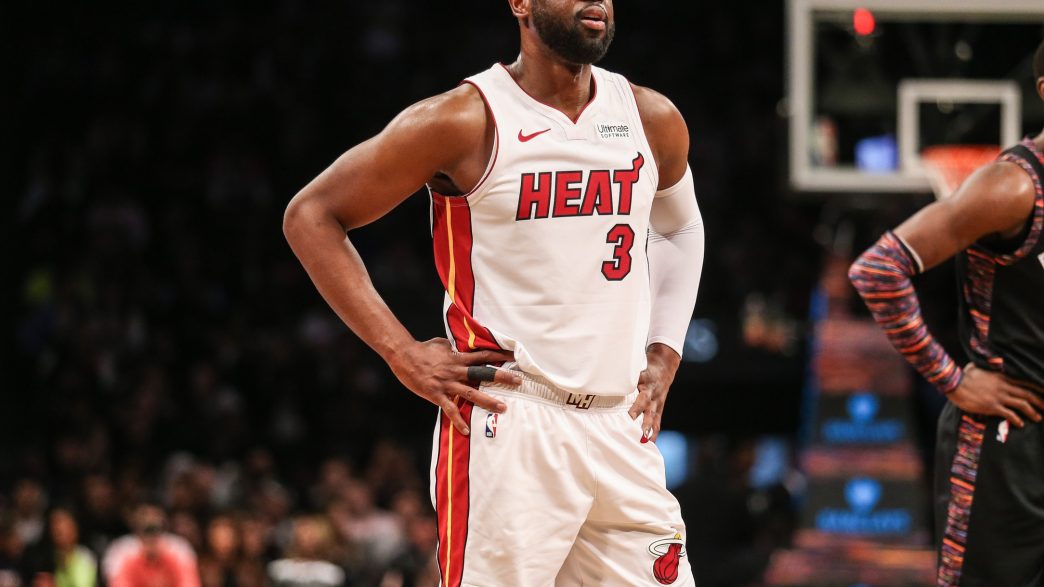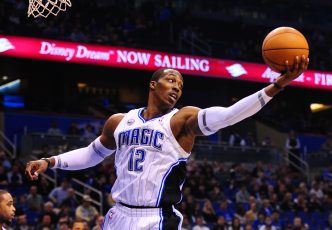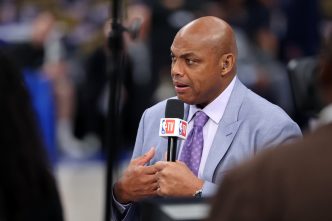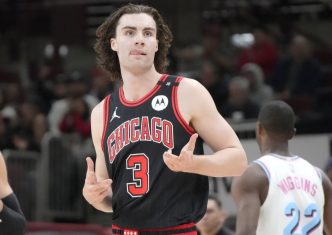The Golden State Warriors faced a tough challenge after losing their superstar guard Stephen Curry to a hamstring injury, and it was up to Jimmy Butler to try and carry the team through this setback. While Butler’s effort was commendable, the Warriors fell short against the Minnesota Timberwolves, leading to some serious questions about his performance in Games 4 and 5. With just 20 shot attempts and a staggering -47 rating over 76 minutes of play, Butler’s struggles did not go unnoticed and garnered much discussion.
Dwyane Wade, the Miami Heat legend and Butler’s former teammate, weighed in on the situation during his podcast, Timeout with Dwyane Wade. Wade expressed his disappointment with Butler’s approach, suggesting that the normally aggressive scorer seemed hesitant. “I didn’t like…the way he just approached the game,” Wade stated. He acknowledged Butler’s reputation as a pass-first player who prioritizes his teammates but emphasized there comes a point where a more assertive approach is necessary, especially in high-stakes games.
Wade pointed to moments from Butler’s career, recalling how he’s been in a similar position before. He referred to the dynamics that led to the Heat’s management hesitation in handing Butler a long-term extension, linking it to what he called a need for players to seize moments consistently, not just with intermittent bursts of brilliance.
This conversation digs into a broader issue in the NBA about how superstars are evaluated, especially during critical moments in the playoffs. Butler, who has been celebrated for his “Playoff Jimmy” persona, may need to reassess how he can balance his playmaking instincts with the urgent need to step up when the team is relying on him, particularly in the absence of key players like Curry.
As the Warriors regroup in the wake of this playoff setback, Butler’s evolution as a leader will be essential for the team’s future success. Wade’s insights remind us that the stakes are high in the postseason, and the ability to adjust one’s game in the face of adversity can define a player’s legacy.

